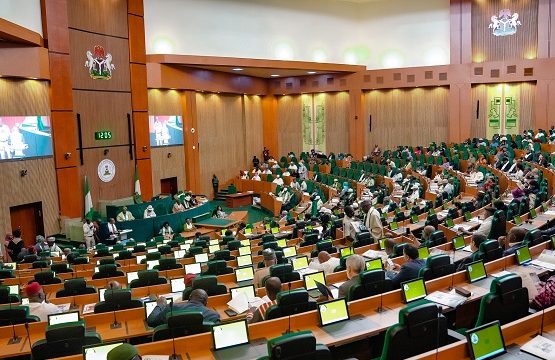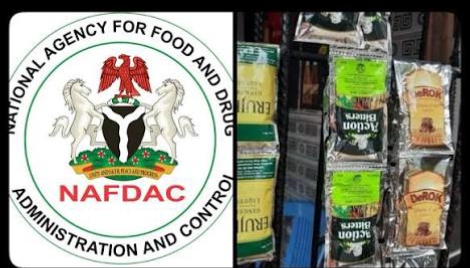(Business Day)
The shutdown of textile companies across Nigeria has weakened Nigeria’s cotton production, pushing the crop into near-oblivion.
Cotton is a critical plant-based raw material for textiles, with others being jute, hemp and sisal. Nigeria produces about 51,000 metric tons of cotton from over 300,000 tons in 1980s.
The low cotton production is attributed to the closure of textile firms in Nigeria, with manufacturers saying that there is no longer a full-fledged textile company in the nation today. I have stopped cotton farming because there is no off-taker. We do not have textile companies again that would off-take what we harvest.
The business has become unprofitable,” said Mustapha Argungu, a farmer in Katsina. Nigeria’s cotton output has continued to diminish as more industry players shut down with thousands of jobs lost. In 1980s, Katsina, Jigawa, Sokoto, Kebbi, and Zamfara states produced 60–65 percent of Nigeria’s cotton, while Adamawa, Taraba, Yobe, Maiduguri, Bauchi, and Gombe states churned out 30–35 percent. Kano, Kaduna, Ondo, Oyo, Kwara, and Ogun states are also known to farm the crop on lower scales. However, thingshave gone from bad to worse.
Anibe Achimugu, the National President, Cotton Association of Nigeria, said that the cotton value chain is going comatose.
“The bedrock raw material (seed cotton) of the value chain is experiencing production decline as approximately 100,000 metric tons were produced in the 2023/2024 season but the 2024/2025 season is not likely to be above 15,000 metric tons,” he said.
“Ginning, textiles and garment companies are operating well below installed capacities or have completely shut down.”
He said farmers are dumping cotton cultivation for food crop production, noting that workers in the value chain are leaving for other sectors to make ends meet, thus leaving the sector with significant skill losses.
Achimugu blamed the lack of deliberate and sustainable support for the crisis in the industry.
“The sector needs a deliberate jump-start. Issues have to do with seeds, security of farmers, timely availability of quality inputs, lack of sufficient mechanisation, absence of minimum guaranteed price,” he noted.
He called for the establishment of a Cotton Textile and Garment (CTG) body and craft a well-thought-out road map.
On the United Nations COMTRADE database on international trade, Nigeria’s cotton export stood at $18.18 million in 2023. This implies that the cash crop is still being exported, though by a few players.
Mustapha Muazu, a cotton player, said the major challenge to the nation’s cotton industry is the problem of seeds, which are being imported. “The government doesn’t care about whether we plant it or not,” he noted. “Funtua Textiles, with its over 3000 workforce, is about to shut down.
The ALA Textile in Kano has been vandalised and shut down, with over 2000 staff strength. Just last week, I got a call advertising for the sale of the one in Kano. Everything there has been sold off and turned into scraps.
It is no news that Kaduna Textiles, the first textile factory, created in 1955, has been shut down for decades.He called for funding support and provision of quality seeds to boost the dying industry.
▪︎Siurce : Business Day










